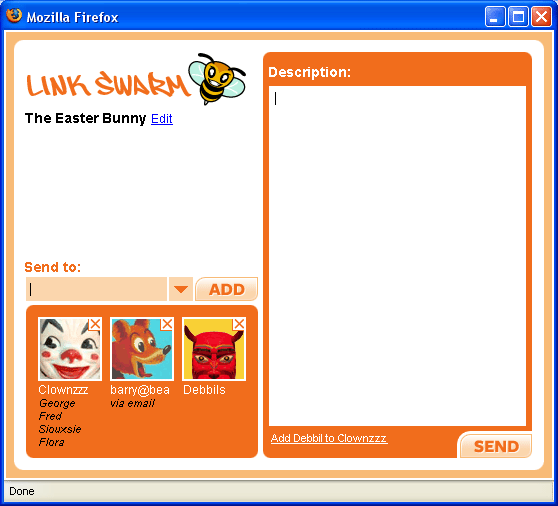You can now search for contacts, events, and reviews on Technorati using microformats search. The new feature exposes content from the Technorati index containing special HTML markup within a page or post.
Sites such as Upcoming.org and Yahoo! UK Movie Reviews currently markup their content using microformats out of general interest in distributed structured markup but new search engines such as Technorati’s beta search product might send enough traffic to publishers to cause a shift in publishing behavior and templates. Many individual publishers will not notice the change as blog platform providers such as Six Apart’s Vox will collect data in special input fields for publication as hReview or other specialized markup.
Technorati’s indexing of distributed structured data described by microformats available on any web page is a stark contrast to the Google Base model requiring publishers to submit data in Google’s format to a Google uploader. Google drives a lot more traffic than smaller sites such as Technorati, and publishers are willing to take a few extra steps for preferential treatment in the Google index. Technorati could introduce preferential treatment of its microformats in its search result pages, possibly driving a higher proportion of site traffic to microformat publishers.
I immediately see the potential for Technorati to be overwhelmed with spam and run into some of the same problems as Google Base. Contacts for every camgirl! Mesothelioma consultations during specific hours at Joe’s Law Firm. Glowing reviews of the popular pill of the month.
Overall I see Technorati’s microformats search as a necessary step towards more widespread adoption of microformats. The next time publishers wonder who is listening when they add special markup to a page Technorati and other proponents of microformats can drop a link to the Technorati kitchen and gather feedback for the next version of the search results page.
Update June 1: Kevin Marks announces microformats is a seperate index on the Technorati backend, including non-blog sources such as event listings and contact databases.






